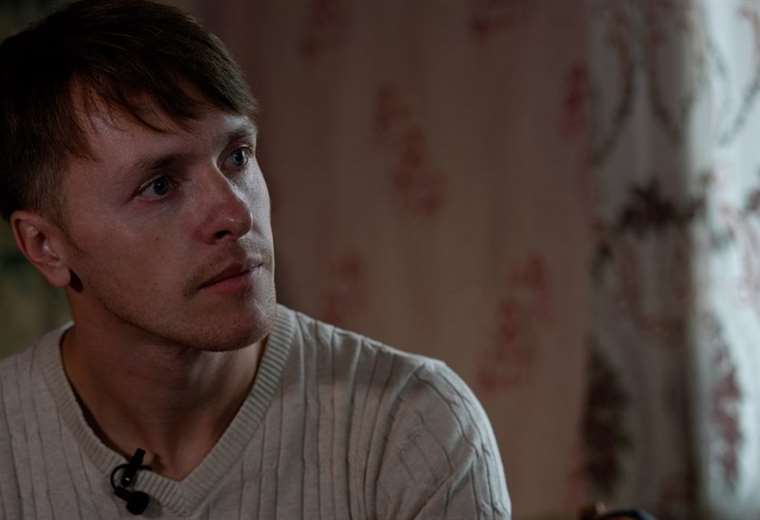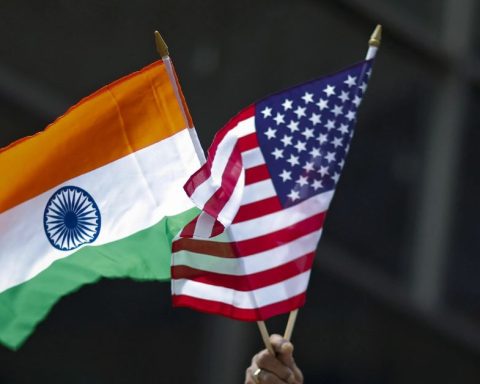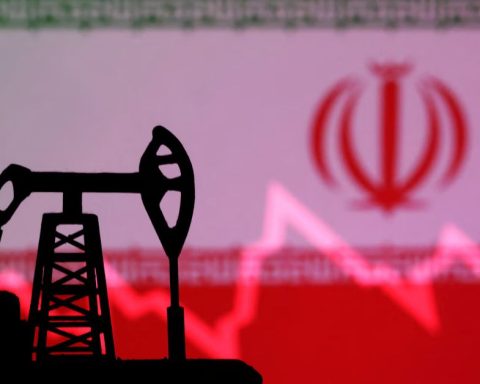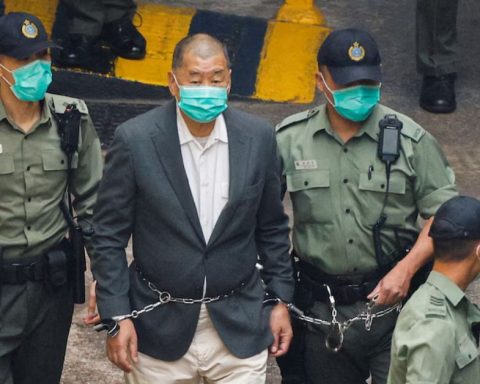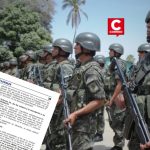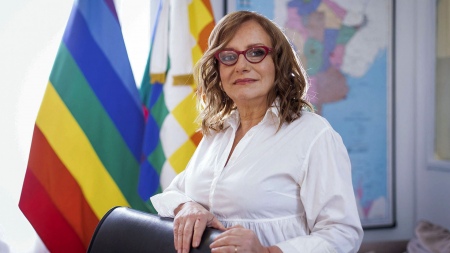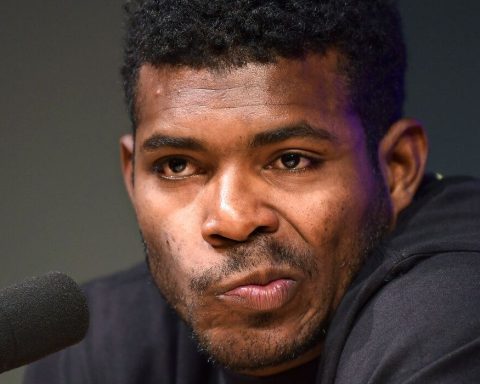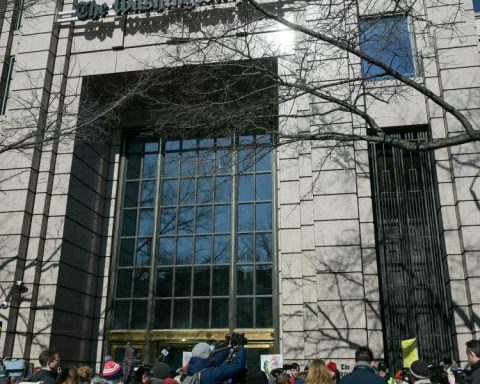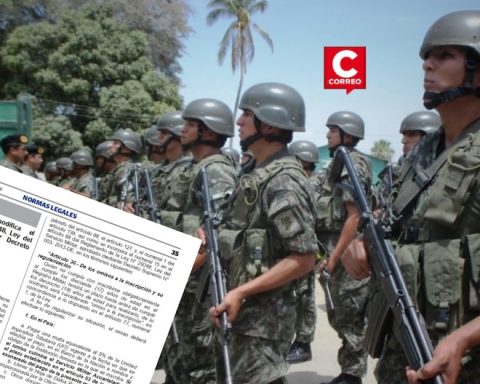October 22, 2022, 15:45 PM
October 22, 2022, 15:45 PM
The image of the video, six minutes long, shakes, but the content is fascinating.
In the city of Podporozhye, at 800 km. In Moscow, officials from the military conscription office meet to decide whether local resident Mikhail Ashichev should be mobilized and sent to Ukraine.
Mikhail argues his case: “I’m not a pacifist,” he explains.
“If a country tried to occupy my homeland or attack Russia, I would go straight to the military recruiting office and I would enlist, without waiting to be called up. But in this particular case I think there is no military threat to my homeland.”
“But our Motherland Is in danger“Insisted one of the officers.
“My homeland was not in danger before February 24,” Mikhail replies, referring to the date Russia invaded Ukraine.
Mikhail, 34, is a mechanic. Despite the fact that Russia is becoming an increasingly authoritarian state, in which civil and human rights have been curtailed, Mikhail maintains that the Russian Constitution gives him the right to be a conscientious objector. He refuses to fight in the Ukraine.
“While I was there saying those things, I was very nervous,” Mikhail tells me.
“But when I watched the video again, on the contrary, I saw fear in the eyes of the people who were listening to me. I think that is because they are used to treating people as objects that they can move from one place to another, or simply order. Suddenly, there I was saying the things he said.
Then came the threats. ‘We are going to notify the police of this and they are going to investigate,’ they said. I have a feeling these people are terrified of losing control. They are used to controlling everything.”
According to Vladimir Putin, over 220,000 reservists they have been called up since the Russian president declared “partial mobilization” last month.
Although the Kremlin leader has indicated that the mobilization campaign will end soon, the Kremlin has declined to specify a specific date.
In recent days, Russian state television has shown footage of mobilized men training in Russia, with patriotic phrases from some of the recruits.
This week, President Putin reportedly met with mobilized soldiers at a training camp in the Ryazan region, in an attempt to garner public support for the mobilization.
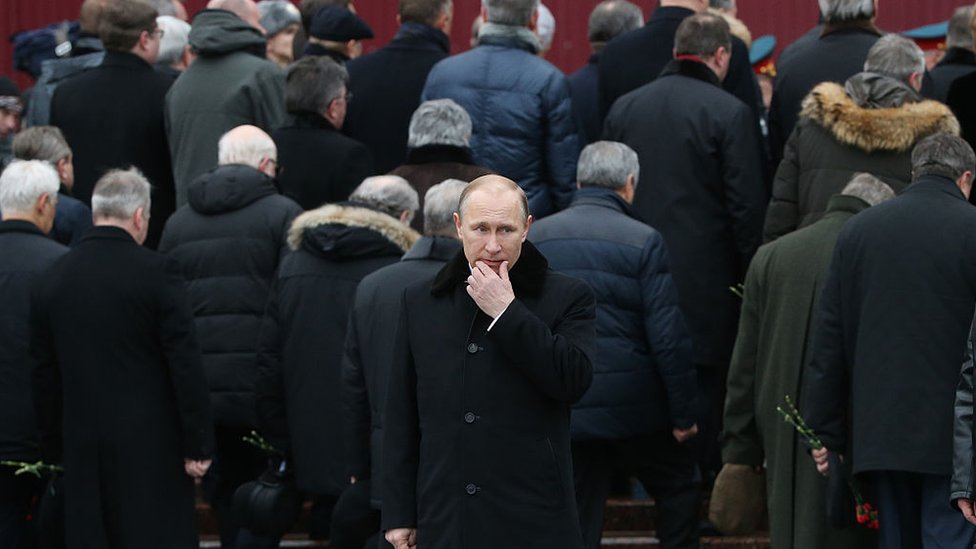
But there is little doubt that this move has caused deep alarm in Russian society. In March, Vladimir Putin had declared that there would be no mobilization. Only “professional soldiers”, he promised him, would participate in his “special military operation”.
Everything changed after his decision to announce a “partial mobilization”. With the call-up of hundreds of thousands of reservists, the war in Ukraine became much more real for the Russian public.
Husbands, fathers and sons were suddenly drafted into the army and sent to the front lines – in some cases without the necessary equipment or training. For weeks, mobilized Russians have been posting videos on social media complaining about poor conditions and lack of resources.
Accusations of cowardice, praise for bravery
“The people around me are terrified by the mobilization,” Mikhail tells me, “because now it affects everyone.”
After his refusal to fight, he has received some insults in Russian social networks.
“He is a coward and a rat fleeing the ship,” reads one comment.
“A man who does this cannot call himself a man,” reads another.
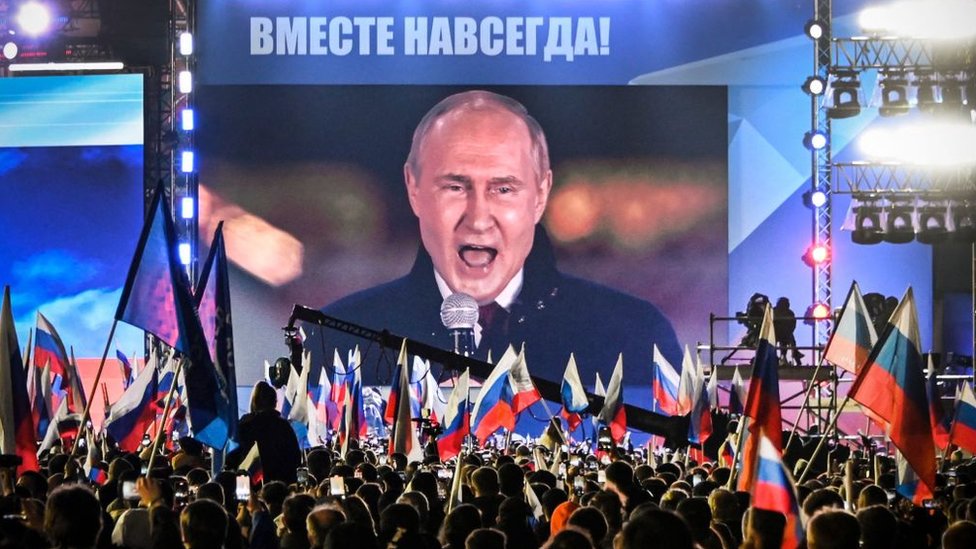
But what I find interesting is that Mikhail has also received a lot of support for the moral stance he adopted. Here are some of the positive comments:
“Well done Mikhail, you are brave and honest.”
“Refusing to kill is humane and brave.”
“Good man. You don’t hide or run away. You’re asking the right question: who was really planning to attack us before February 24?”
Mikhail is determined to use all legal means to defend his position.
But what if he loses the case?
“When mobilization was only being talked about as a possibility, I had already decided and agreed with my family that, if that situation arose, I would refuse to do it, even if they sent me to jail. If I had to, I would choose jail. There is nothing to fear, we know that (in Ukraine) people are dying under the rubble and parents are burying their children.
The State will consider me a criminal if I do not go to fight in this war. But I will not be a criminal from the point of view of humanity, nor from myself,” he states.
Remember that you can receive notifications from BBC World. Download the new version of our app and activate it so you don’t miss out on our best content.
